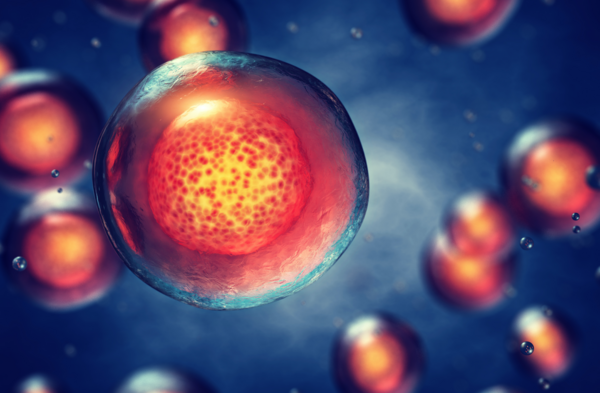Myrio Therapeutics has entered a research collaboration with the Perelman School of Medicine at the University of Pennsylvania and NYU Langone Health to accelerate the development of next-generation T cell immunotherapies for solid tumours.
The tri-party agreement brings together complementary expertise in peptide HLA (pHLA) binder discovery, bispecific T-cell engager development and cell immunotherapies to overcome barriers to more effective and durable cancer treatments.
The collaboration will be anchored in three core pillars. It will target oncogenic drivers through highly specific anti-pHLA antibodies to directly attack molecular drivers of cancer, amplify innate immune functions to harness and enhance the body’s natural defences, and utilise novel CAR architectures to co-develop next-generation Chimeric Antigen Receptors (CARs) with heightened sensitivity to a broader range of targets, including those expressed at low abundance.
By combining their strengths, the three parties aim to generate deeper insights into tumour immunology and unlock new therapeutic approaches for patients with difficult-to-treat cancers. The partners also intend to establish a company and initiate seed funding to progress these discoveries toward clinical development.
Myrio Therapeutics CEO Graeme Wald said the collaboration reflects the power of bringing world-class science together. “This is a magnificent case of putting the best technologies and people together to develop products for solid tumour treatments,” Dr Wald said. “The next step will be to formally establish a company and initiate seed funding to move these advances toward clinical development.”
Daniel J. Powell Jr., Professor of Pathology and Laboratory Medicine at the Perelman School of Medicine, said the partnership represents a significant step forward. “A major challenge in the development of cancer treatment is creating tolerable approaches that also deliver effective and long-lasting response in patients,” he said. “By uniting the diverse expertise of these three groups, we are in an excellent position to create safe, effective, durable therapy for difficult-to-treat cancers.”
Mark Yarmarkovich, Assistant Professor at NYU Langone Health, said the collaboration would accelerate the development of differentiated therapies. “We are thrilled to move forward quickly with this collaboration, bringing together uniquely complementary technologies to tackle the challenges of solid tumours,” he said. “By combining our platforms, we have the opportunity to create truly differentiated therapies that can change the treatment landscape and, most importantly, make a meaningful difference for patients.”
